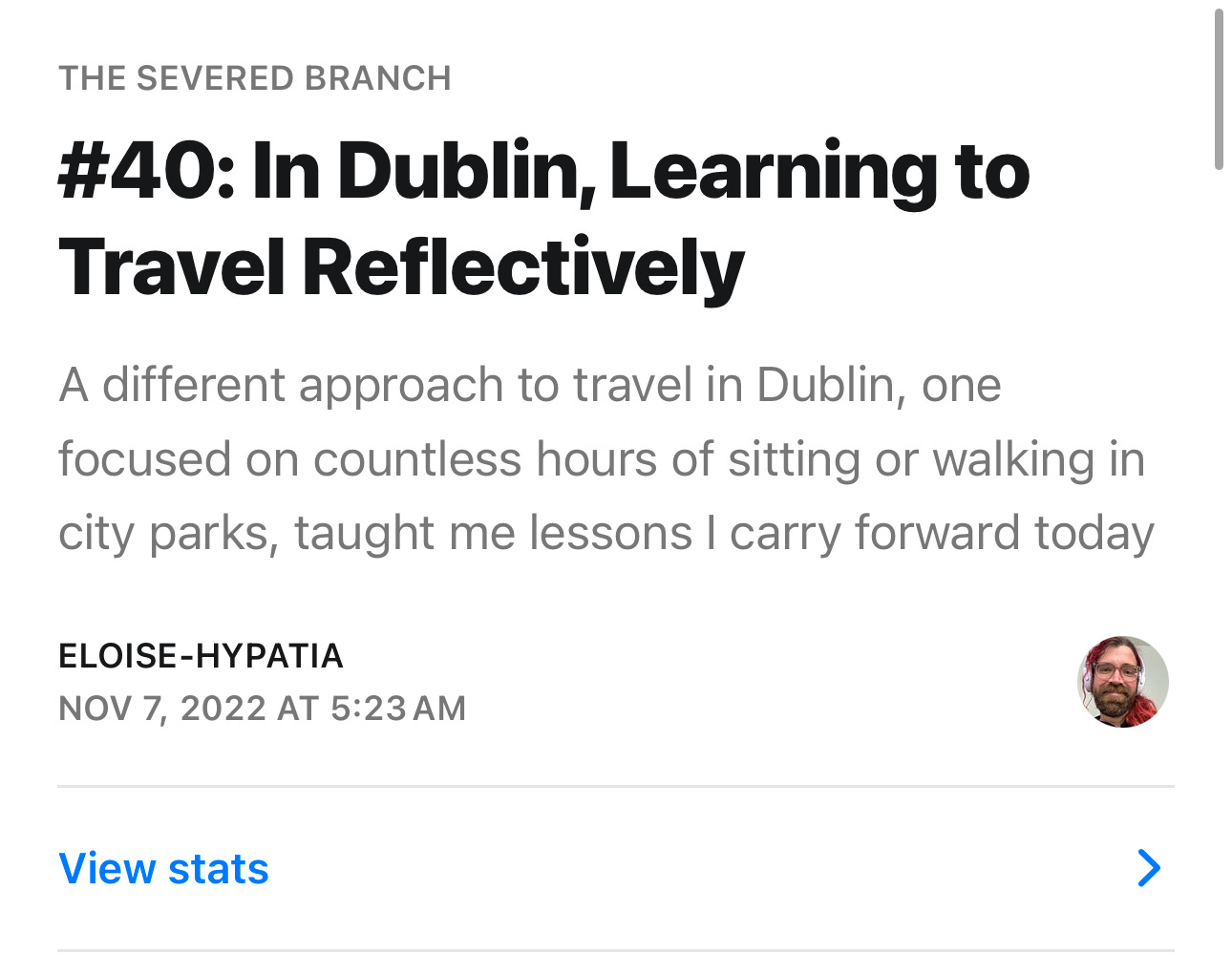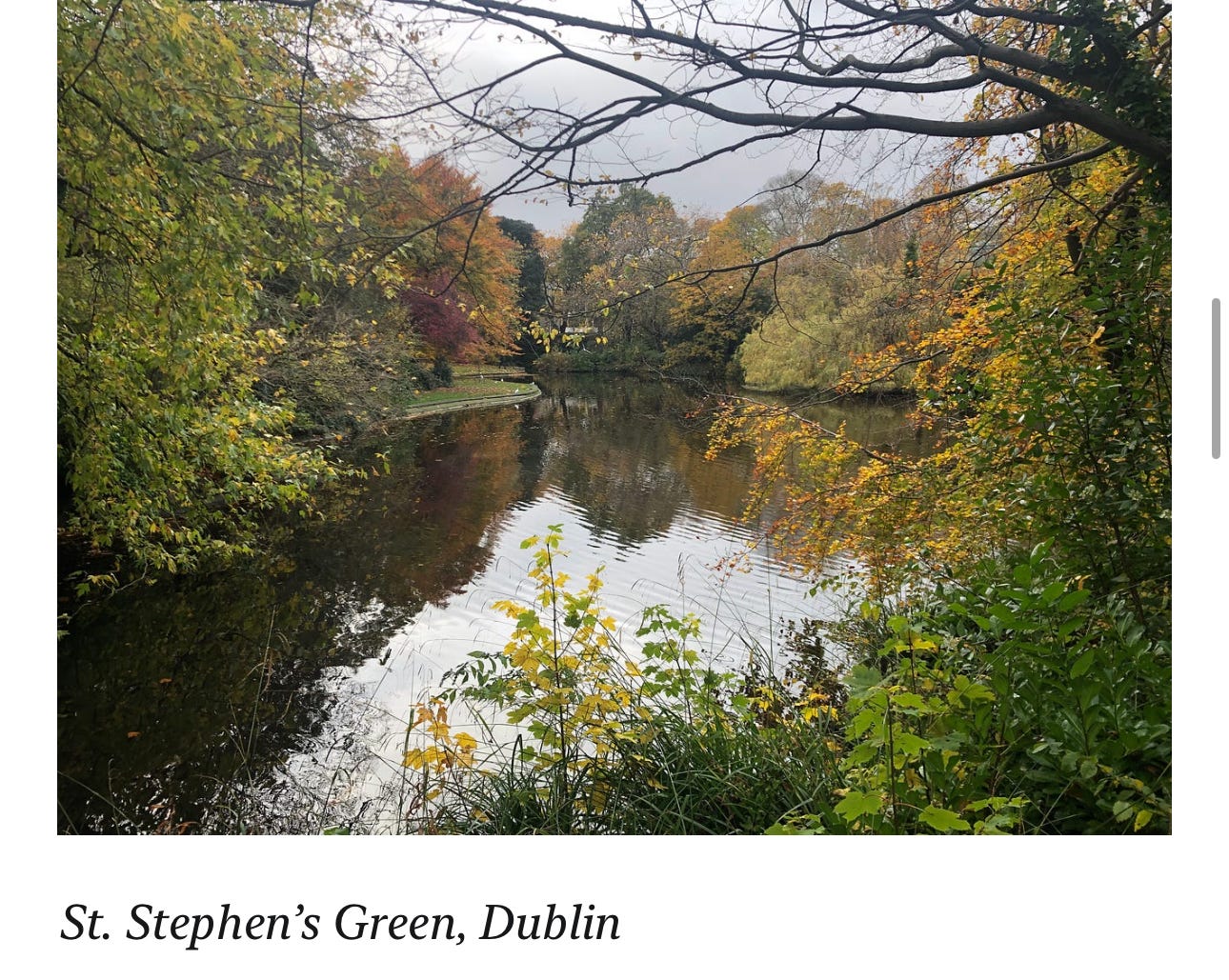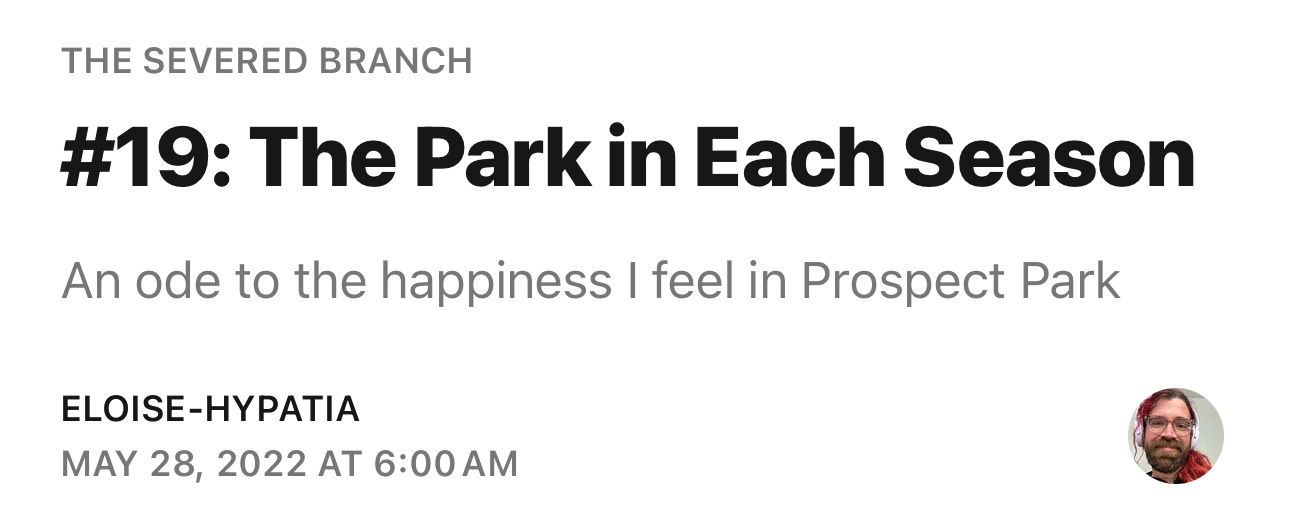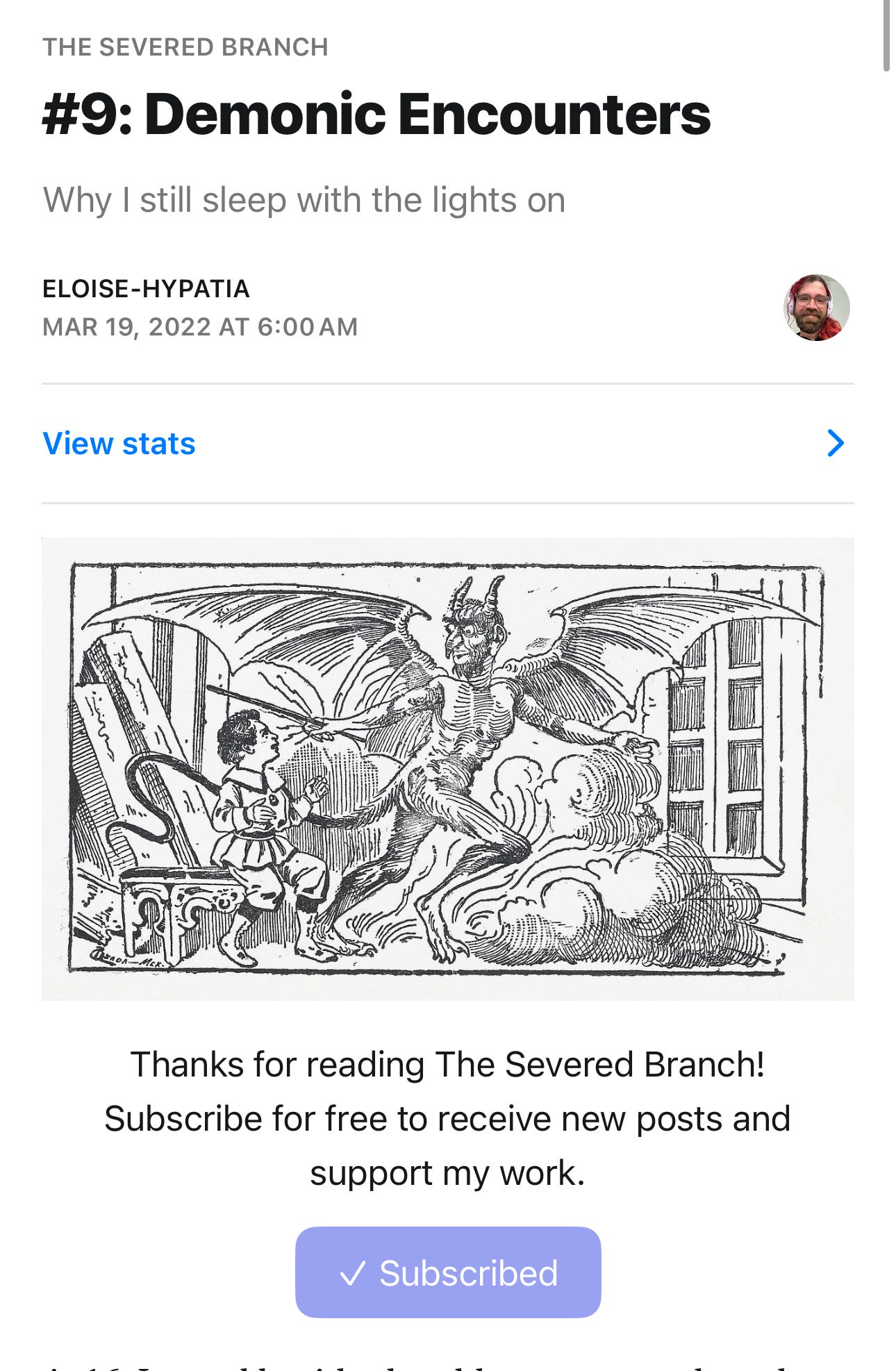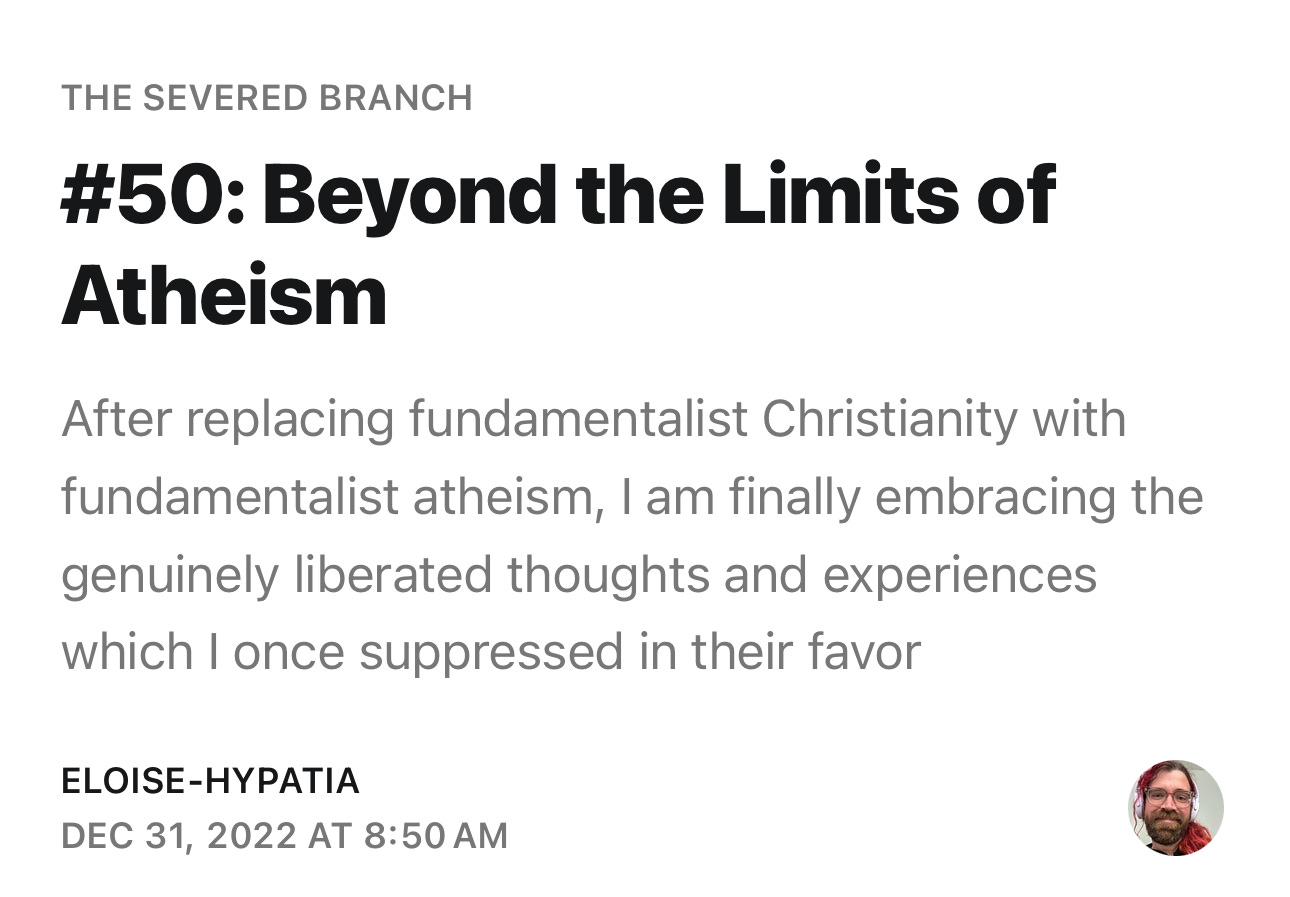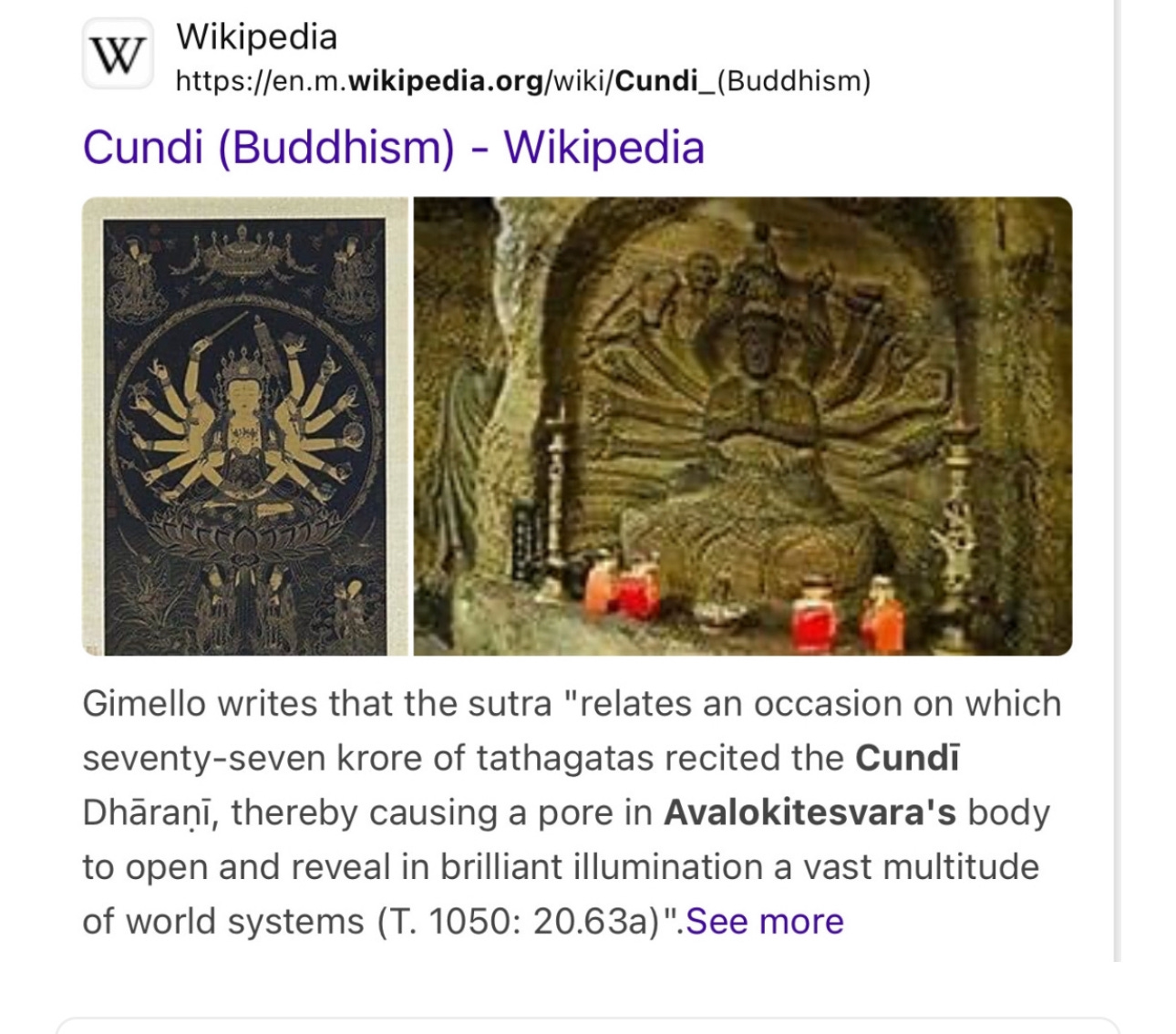dublin and the severed branch: where Phoebe transformed me from materialist to spiritual
the severed branch documents how Phoebe Bridgers brought out my inner witch ❤️
I was visiting my brother-in-law, who was working while I was there, and I began each day setting forth alone a bit after eight in the morning. I walked the half hour to Merrion Square in the pleasant chilly autumn air, feeling so satisfied by the brisk sensation against my skin and inside my throat. I could not comprehend the people saying I needed to return in the summer. I was glad to have grey clouds above. I listened to my favorite Phoebe Bridgers songs in my headphones, which carried wistful sounds into my mind, complimenting and enhancing the dreamy yearning with which I approached the beloved fall in Ireland. I always began with “Smoke Signals,” and I often took a detour so I could walk in the early morning along a canal which offshoots off the Liffey River. The beauty of the brown and orange leaves, which hung gracefully over the dark cold water, mesmerized me every time, so that I awoke every day eager for the moment I would first see them there again.
Then I would finally arrive in Merrion Square, and I always tried to time my entrance for exactly 16 seconds into “The Killer + The Sound,” when the sorrowful chords on the piano seemed to blend so perfectly with the first image of the tree branches, grass, and benches I was now yearning to call my home. The first 15 seconds acted to build up my emotions, preparing me for that climactic and wonderful step I would take into the greenery. Soon I was thinking only about the music, the park, and the Sally Rooney book I would be reading there, all of which seemed somehow to awaken within me an apprehensive happiness about what I was doing with my life, a topic on which my long fall days in Dublin left much room for contemplation. I would take my seat on a bench with my to-go coffee, watching the bundled-up locals play fetch with their dogs, and then I would sit in the chill reading thirty pages or so of Conversations with Friends. The people in the book were in Dublin, too, and I related so much to the protagonist that I felt as if I were not here as a tourist but rather as a shadowy projection of the characters’ very experiences. It all came together so mystically, by methods that were so rooted in my own obsessive sensory experience of the city, that I am sure I could not have taken the same lessons away from that book if had I been reading it at home. For its meaning, it merged with my absorption of my environment.
Then, after a couple hours in Merrion Square, I would rise and walk. First simply aimlessly in Merrion Square, listening again to Phoebe Bridgers, but then I would make the short way to St. Stephen’s Green. There, I walked around in circles for a while, following a slightly different path each time. I relished the look of the trees against the pond, and the spirit of James Joyce seemed to gaze upon me hauntingly from the eyes of his statue. He challenged me with the question of how I dared lurk within his awesome presence in the park for which he had declared so much love. Sally Rooney herself had only just recently done a photo op in Merrion Square, and the yearning within me to live the literary life seemed to reach a peak intensity once I was finally seated at one of my favorite benches. It was a spot with a wonderful view of the dark water and the dense fall foliage, and I would re-commence my reading of Conversations with Friends, occasionally looking up to observe the passing tourists and locals, or to simply sit in a worshipful trance of the trees. Then I would walk in a few more circles, listening to the same music, but this time stopping for different views from around the park, and I felt as if I could never be satisfied by the time I spent there. The sense I needed more brought me to one of my other favorite benches, and so the cycle would repeat itself for hours, interrupted only by quick bathroom trips into the nearby mall or swift runs to one of the nearby coffee shops.
I ended each day again at Merrion Square, which felt so special in the late afternoon. I would post up at a bench while the sun began to set, shivering slightly as I turned the pages of my book. It was easier to move through the pages then. The knowledge that the park would soon close, and that I needed to get back to my brother-in-law for dinner, spurred me to read with greater urgency. Yet the coming of the day’s end brought with it an obstacle to my reading. I often gazed up simply to savor the look of the buildings and streetlights against the dusky sky, and I loved how their colors looked so foggy and vibrant once the sun’s light was nearly totally gone. I would walk in a few circles around the whole park, stopping to read five pages and then walking again, and I would go on like that until the city officials started blowing their whistles. They would stroll around telling people with dogs that it was time to leave. The gates would soon close, they warned. And just then, with my exile nigh, I would sit down on a bench far away from them just to read one or two more pages, before finally yielding to the inevitable and departing. Then I would take a long route back to my brother-in-law, simply so I could walk again along those paths by the canal listening to “Smoke Signals,” “Waiting Room,” and “Punisher.” The music went so perfectly with the leaves at dark. “What did you do today?” my brother-in-law would ask me. And from the hazy afterglow of my soul, which was in a state of such tranquil and quiet contentment that I first found the act of speaking quite difficult, I would tell him that I had mostly just walked around.
This was how I passed most of those seven days I was there. Of course, it wasn’t always like that. I took an hour-long break here or there… to visit the Yeats museum, which left me marveling at the aesthetic majesty of the occult, and to wander through the history museum, which dispelled pleasant but ahistorical myths about the first king of Ireland. And of course there were the days my brother-in-law wasn’t working, during one of which we went for a hike in the countryside outside town, and there were a few short trips I took myself outside the city as well. But even when I left Dublin and went elsewhere, I always found a bench somewhere in a garden or by the ocean where I could sit down and read and look and listen to music. I thought about Frances from Conversations with Friends, about her lack of direction in life and her commitment as a college student to never getting a true professional job. But she did have a direction, I felt; what she loved to do was write, and it simply did not fit into the options which seemed within her grasp. But she was still writing. She was still improving. And she was still putting herself out there, performing what she had written in public, even if not for money.
First severed branch essay:
Perhaps it is by connecting with the most emotional and unreasoning facets of the mind that the sorceress can perceive, and control, the genuine reality of the universe, having emancipated herself from the dull confines of logical and scientific thinking.
I shall now assert that these are among the most delusional ideas possessed by human beings. Of course I do not believe in what my mind perceives when it is in a sleepy, fearful, drugged, or famished state. Naturally, I deny the efficacy of the many elaborate rituals which I have invented based on my magical studies. I emphatically reject the theory I created on how to generate the ultimate elixir. With an admittedly flimsy conviction, I insist that it is in the scientific laboratory, rather than in the perfect circle of a drug-fueled sex-magic orgy, where reality is best perceived.
But then comes the night. Fingers tap on the walls near my head. A presence is there in the room with me, looking at me from the corner, watching me while I struggle to fall asleep. I know not what it is, but I am certain it is there. Suddenly, in the darkness of my midnight solitude, my commitment to a scientific worldview fades away. I find myself even more susceptible to the occult interpretation of reality. If my calculations are correct, the small creature from so long ago is now due to visit me.
I have lost the faith I once had in the fundamental superiority of reason over feeling. Seeing no need to always check my emotions with logic, I allow my thinking to be influenced by both. Why? Because I like it. For a truly open mind, free thinking is a form of entertainment and a pathway to new experiences. I explore the occult because I like it aesthetically and because I want some of it to be true, and I am shamelessly content with an open-minded agnosticism toward witchcraft, astrology, tarot cards, and demonology. I dimly perceive paganism’s reality, and even if that is partly due to the influence of the culture around me, the same can be said for those who cling to a strict scientific materialism. But I delight in the atheists’ snickers only about a tenth as much as I relish the misery of the Christian elders who have to watch their descendants throw away the family’s most sacred and holy traditions. No doubt my attraction to magic is fueled by a desire to rebel against my old Christianity by embracing the practices which would deeply disturb my pious ancestors and relatives. I am eager to dishonor the religious beliefs which they have passed down over the generations, and atheism doesn’t cut it. So I know the anti-Christian bias behind my attraction to witchcraft, but knowing the bias is no reason not to indulge. I know how absurd it all seems scientifically, but not even that is enough to stop me. When I look at the world and think about life, I just can’t see why I would suppress all my senses and emotions, or restrict my experiences, in favor of adhering to a scientific materialism where there are neither souls nor spirits. I suppose I would still call myself an atheist, because I don’t believe in God. Still, I prefer to embrace the magical.





